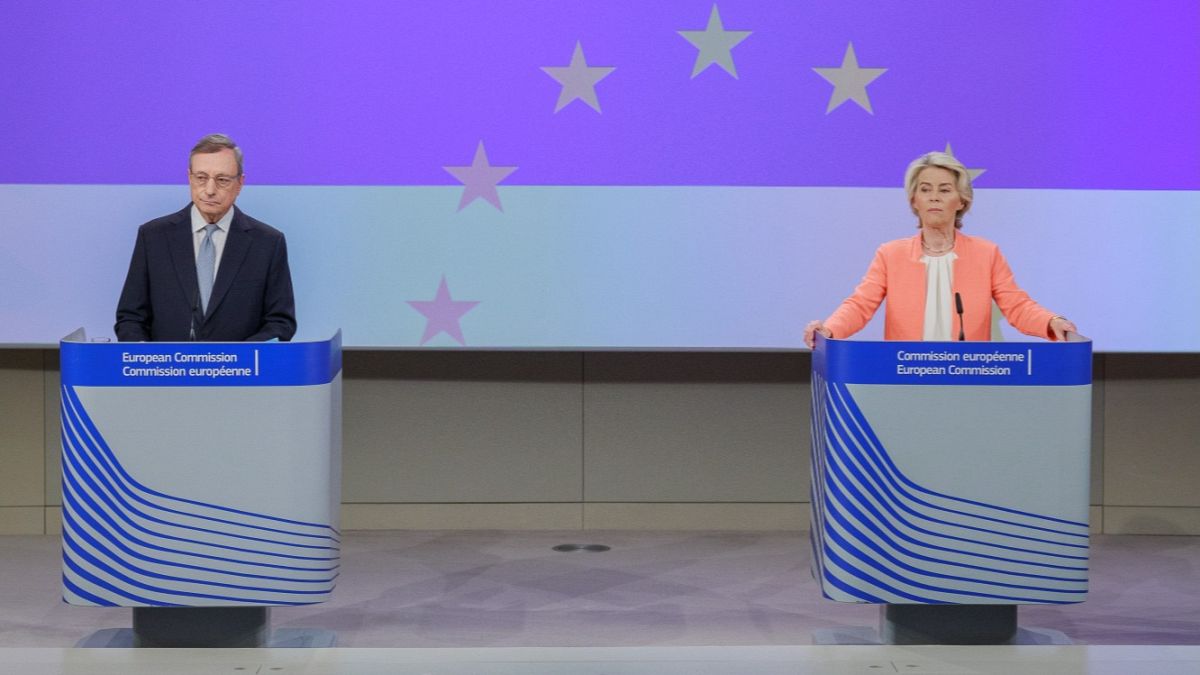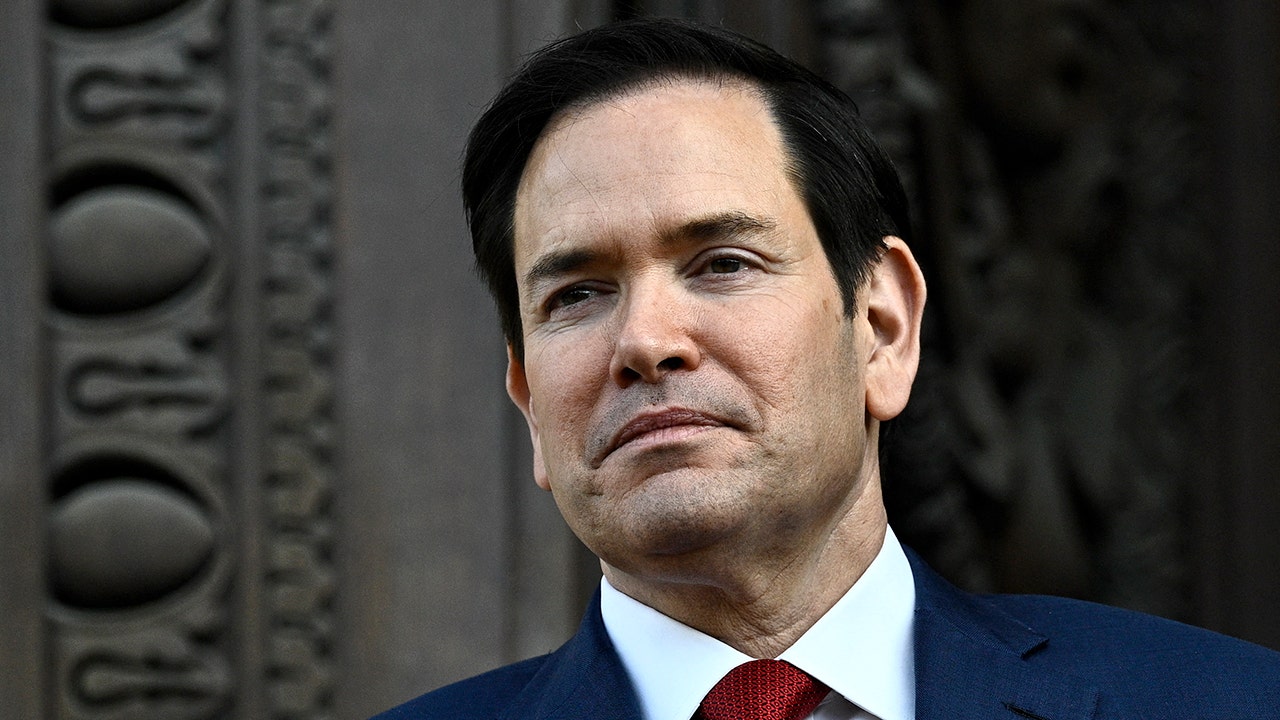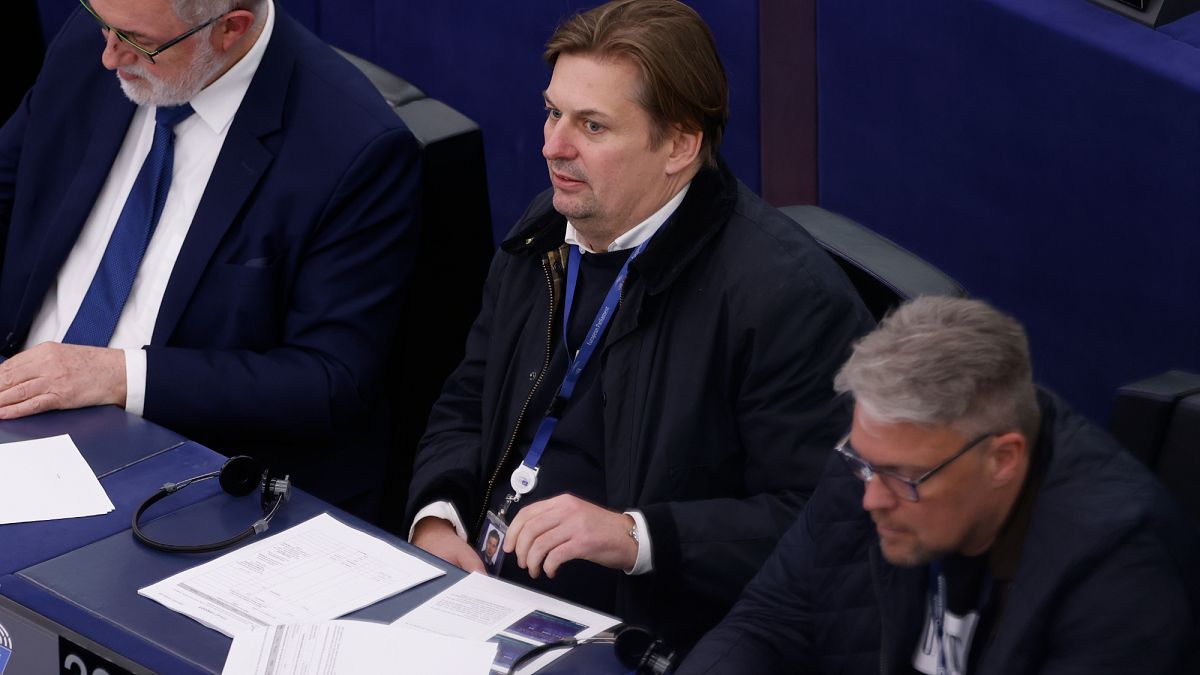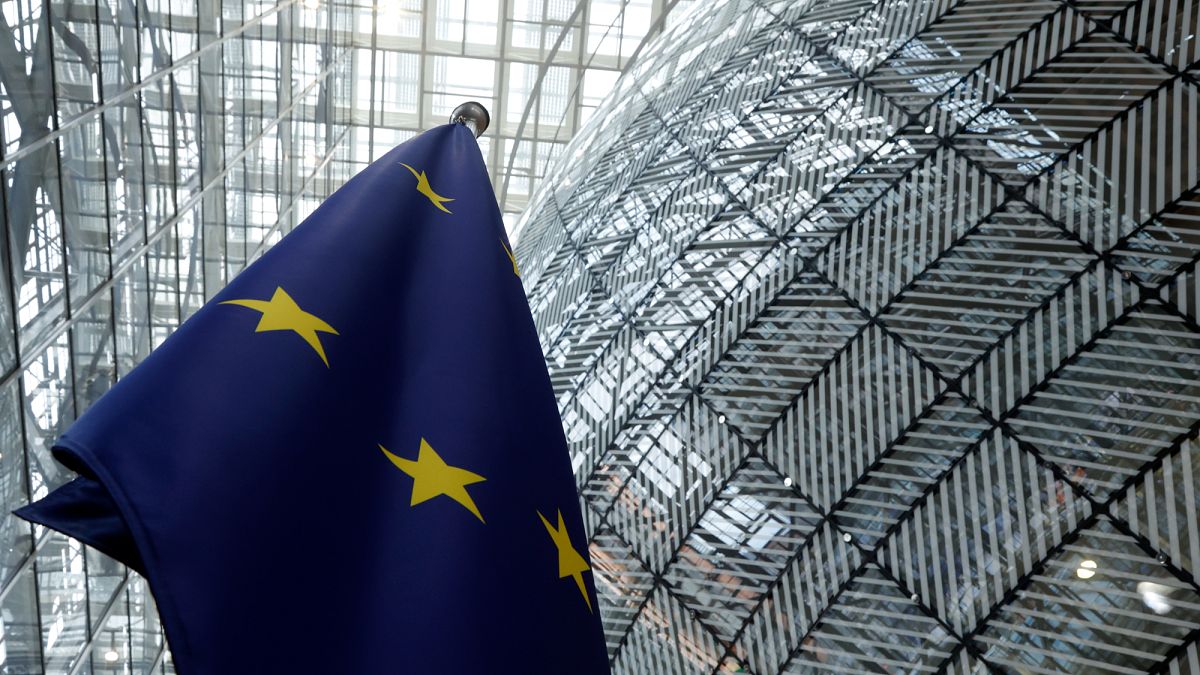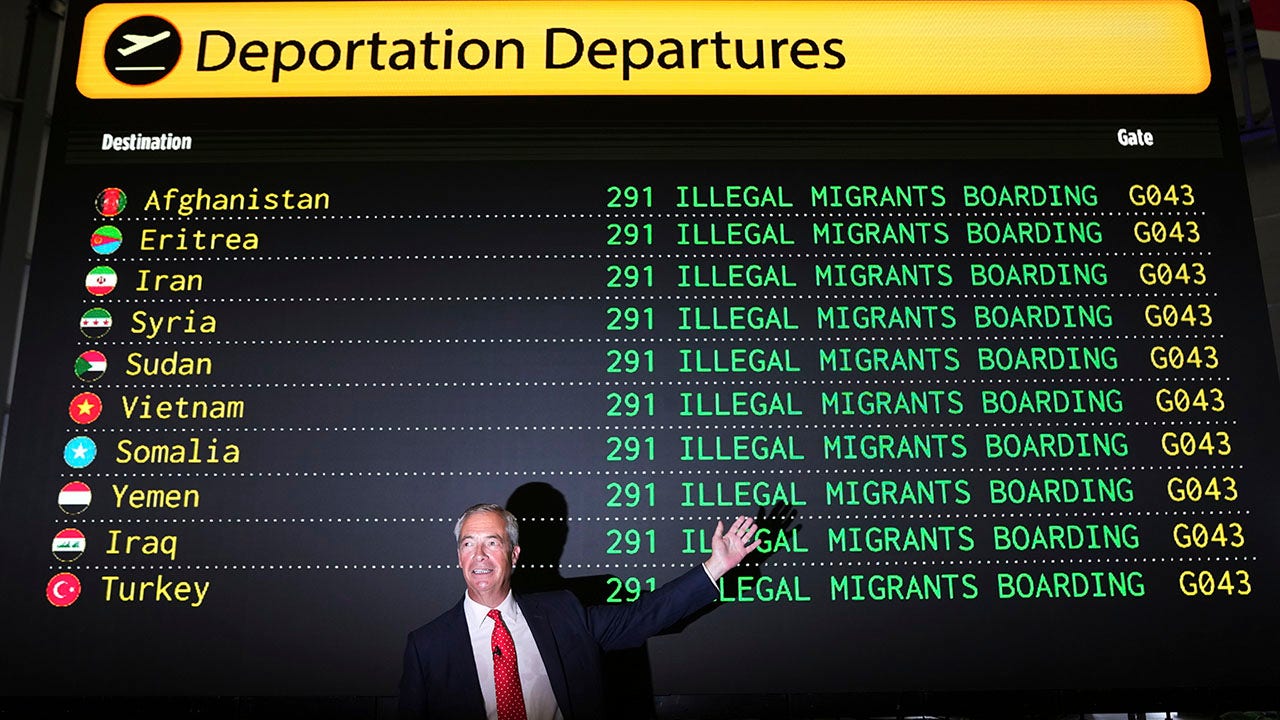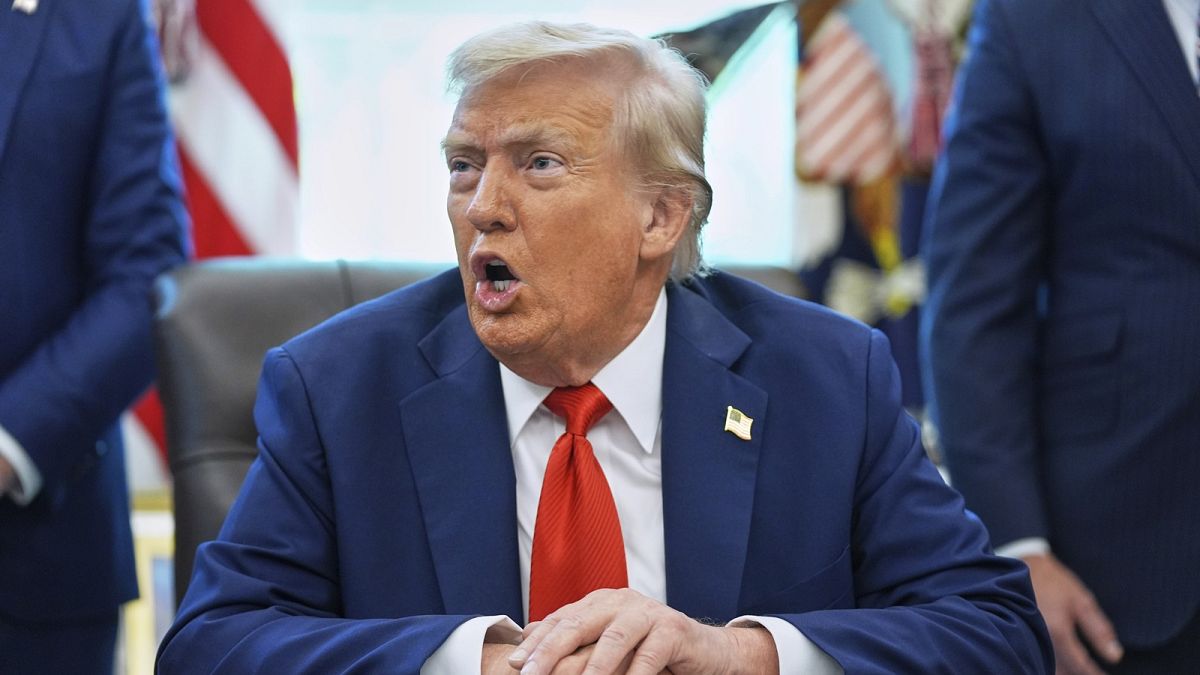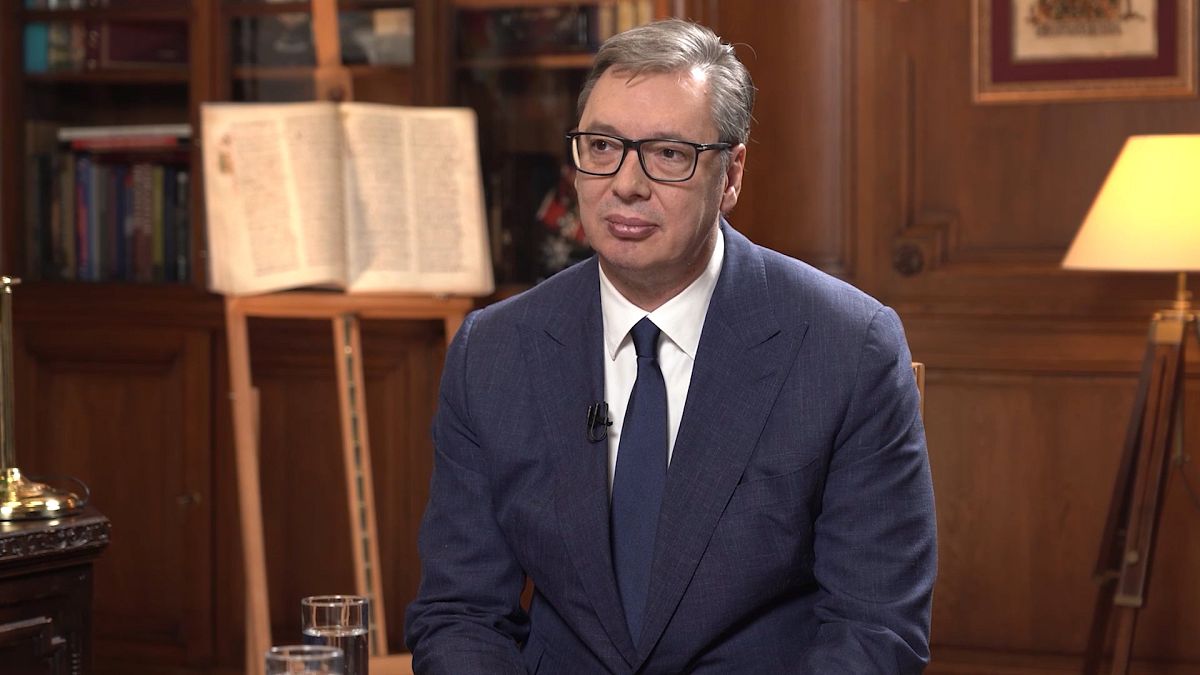Published on
ADVERTISEMENT
Shortly before last year’s European elections, the parliamentary assistant of Maximilian Krah was arrested in Germany on suspicion of spying for China. The news rocked Berlin and Brussels alike, as the German MEP was the lead candidate of the far-right Alternative für Deutschland (AFD) party. His assistant, Jian Guo, who was dismissed shortly after his arrest, was accused of being employed by the Chinese secret services. German prosecutors allege he handed over around 500 sensitive files to China and provided information about the inner machinations of European lawmaking.
Guo’s trial began in the eastern city of Dresden on Tuesday.
Who is Maximilian Krah?
Krah is a German lawyer and politician, and an influential figure within Germany’s AFD party. Elected MEP in 2019, he was the lead candidate of the party at the 2024 European elections, where AFD reached a record result and came second after the Christian Democrats. In 2024, Krah said in an interview that not all Waffen SS members should be considered criminals. His controversial comments on the Nazi era, together with the allegations against his assistant, led to his party’s expulsion from the European Parliament’s Identity & Democracy Group. Krah’s name also surfaced in the so-called Russia Gate scandal, where European opinion leaders around the site Voice of Europe promoted far-right and pro-Russian narratives. Krah denied receiving any funding from Russia, but he admitted he was interrogated by the FBI for his Russian ties. He also voted against different resolutions at the European Parliament criticising China’s human rights record and warned against cutting economic ties with Beijing. Krah left his mandate at the European Parliament in 2025 after he was elected as a deputy to the Bundestag.
Who is Jian Guo?
Jian Guo, whose trial starts now and is the prime suspect of the Chinagate scandal, is a 44-year-old Chinese national with German citizenship. He met Krah when he worked as a businessman in Germany. After becoming an MEP. Krah employed him in Brussels at the European Parliament as his accredited assistant. According to German authorities, he repeatedly passed information about European Parliament debates and decisions on to his client. After his arrest, Krah said he was not aware of the spying activities of his employee and terminated his contract.
What was the spying about?
According to German prosecutors, Guo possessed around 500 sensitive documents from the European Parliament and passed them over to China. He allegedly collected personal information from the AfD leadership, including party leaders Alice Weidel and Tino Chrupalla. And he might have spied on Chinese opposition dissidents living in Germany. In his capacity as MEP, his former employer Krah was a member of the Parliament’s committees on human rights, security and defence, and international trade. Shortly after his arrest, the Brussels offices of Jian Guo and Maximilian Krah were searched in the European Parliament. China denied any involvement in the spying activities and said it was part of a smear campaign against Beijing. The court case against Guo might reveal further details about his activities and the nature of information he provided.
Why does it matter in Brussels?
In recent years, the European institutions, and particularly the Parliament, have been hit with scandals related to influence peddling, particularly allegations of unlawful attempts by foreign powers to collect intelligence or influence decision-making. In February 2024, the European Parliament opened a formal probe into Latvian lawmaker Tatjana Ždanoka. She was, according to a Russian investigative newspaper, working as an agent for the Russian secret services.
Ždanoka was alleged to be employed from 2004 to 2017 by the Federal Security Service (FSB). It was claimed that her job was to create pro-Kremlin sentiment in the Baltic region and to provide details about her work at the European Parliament.
Qatar and Morocco were also accused of attempting to influence European Parliament officials and lobbyists in exchange for money in an investigation launched by the Belgian authorities in 2022 for corruption and money laundering, and several arrests have been made. Both countries, former MEPs and assistants in the spotlight, denied allegations. The European Parliament, in response, stepped up its fight against foreign interference and introduced fresh ethical rules.
Read the full article here


